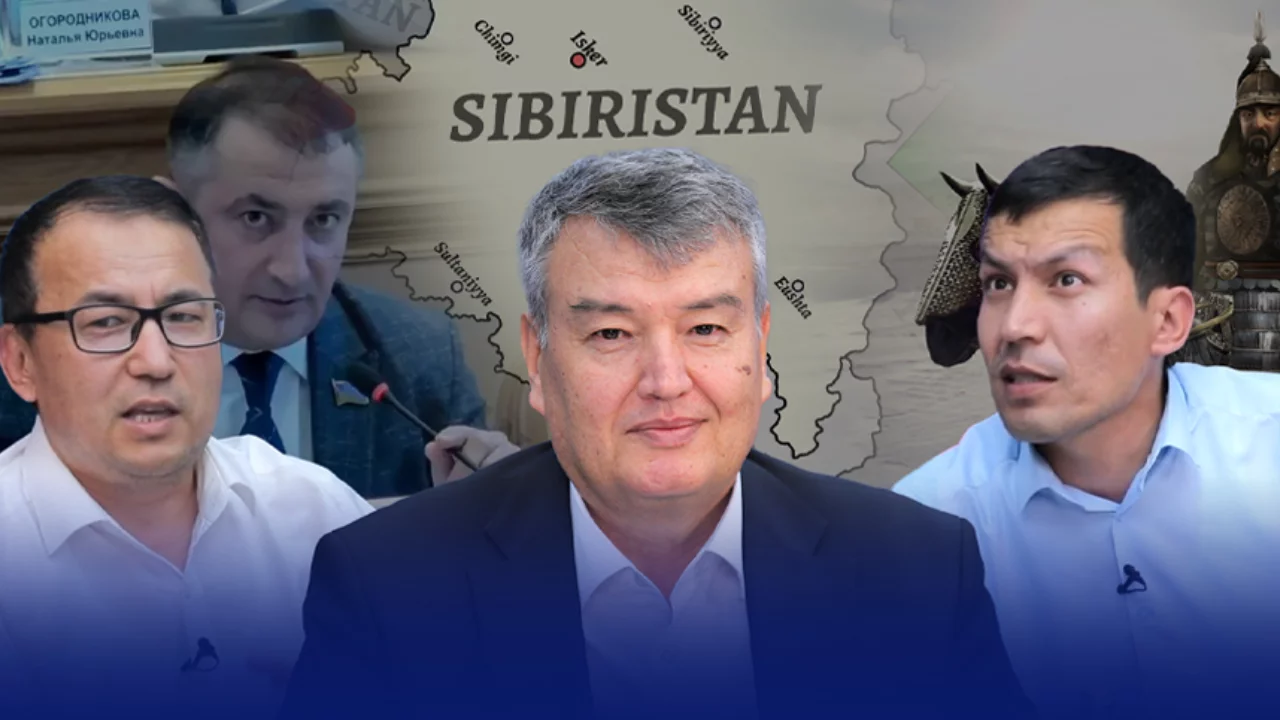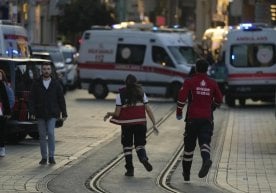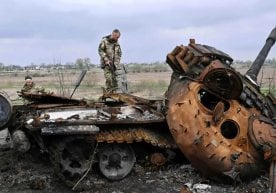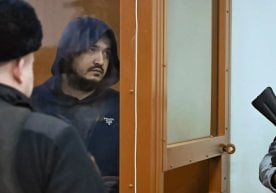Analysts on the uproar in Russia: "Western Siberia was ruled by Uzbeks"

A Russian MP will be questioned by the ethics committee following his remarks about migrants from Central Asia, especially Uzbeks. Experts speaking live on Kun.uz commented on this by drawing attention to the ethnic assimilation policy in the Turkic regions of the Russian Federation. The recent popularity of a song based on Bashkir folklore also indicates a growing need among the peoples of the region to preserve their national identity.
"Are migrants returning to their historical homeland?"
Khalid Taghi-zade, a deputy of the Duma of the Khanty-Mansi Autonomous Okrug of the Russian Federation, called the region the historical homeland of some migrants. During a Duma session discussing birthrate statistics between the indigenous population and migrants, he pointed to this aspect.
“Migrants are different. For example, take Uzbeks. Part of Yugra and the Tyumen region used to be the Siberian Khanate. It is known that the last ruler of the khanate was Kuchum Khan of the Shaybanid dynasty. The Shaybanids are a ruling dynasty of Uzbeks from the Bukhara Khanate. Maybe these migrants are actually returning to their historical homeland?” — said MP Khalid Taghi-zade.
Initial media reports stated that he was a member of the Communist Party of Russia. However, the party later clarified that he had been expelled from membership years ago. Soon after, it was announced that Khalid Taghi-zade would be summoned by the Duma's ethics committee.
Historical and economic context
After the Mongol Empire and later the Golden Horde disintegrated, the Siberian Khanate emerged in the late 15th century in Western Siberia. It was ruled by descendants of Taibugh and Shaybanids. The population consisted of Siberian Tatars, Khanty, Mansi, and Selkups. The Siberian Khanate is recorded as the northernmost Muslim state in human history.
Russia's territorial control over the current central regions began in 1582 with the conquest of the Siberian Khanate.
The Khanty-Mansi Autonomous Okrug — Yugra, which lies on the territory of the former Siberian Khanate, is the richest region in Russia in terms of oil and gas. It ranks second after Moscow in terms of economic volume, and third in the national ranking of social and economic development.
"This may be a message to Moscow"
According to political analyst Jahongir Akramov, the MP’s speech may reflect the desire of Turkic peoples living in the Russian Federation to preserve their ethnic identity.
Akramov also noted that the recent popularity of the Bashkir pop group Ay Yola, whose hit song is based on the epic “Ural-Batyr” and dedicated to a woman named Homay, reflects the strong cultural identity of Russia’s Turkic peoples.
“This MP made a very bold political move. And it happened amid the ongoing Russia–Ukraine war. It could be a message to Moscow — recognize the rights of ethnic Turkic peoples within the Russian Federation. He cited the Uzbeks and Kuchum Khan as an example.
The Siberian Khanate existed in the 15th–16th centuries in Western Siberia. Its last ruler, Kuchum Khan, belonged to the Uzbek Shaybanid dynasty, which ruled Central Asia after the Timurids. His fate is linked to the Russian conquest of Siberia: in 1582, he was defeated by Cossacks, marking the fall of the khanate. So when Khalid Taghi-zade says this region was once ruled by Uzbeks under the Siberian Khanate — he’s stating a historical fact,” said Akramov.
Political analyst Bektesh Berdiev highlighted the ethnic assimilation policy in Russia’s Turkic regions.
“Khalid Taghi-zade is right. For example, the city name Tyumen comes from the Turkic word tumen meaning 'ten thousand'. At one time, a ten-thousand-strong Turkic army was stationed there. Saratov means 'Saryk-Tau', Yenisei is 'Enasoy', Baikal is 'Boykul', and so on. Under Stalin, more than 1,400 place names were changed. The fear was that if Turks read them, they’d remember who they are and reclaim their identity.
The languages and religions of many Turkic peoples there have now been forgotten. The deputy didn’t speak randomly — he meant that people coming there for work should not be treated as outsiders. But this is contrary to Russian public opinion, politicians, and ideology. These words may put the MP in a difficult situation. He may be accused of damaging the state, and some may even call for his arrest,” he said.
Photo collage: Kun.uz Read “Zamin” on Telegram!
Ctrl
Enter
Found a mistake?
Select the phrase and press Ctrl+Enter 





















